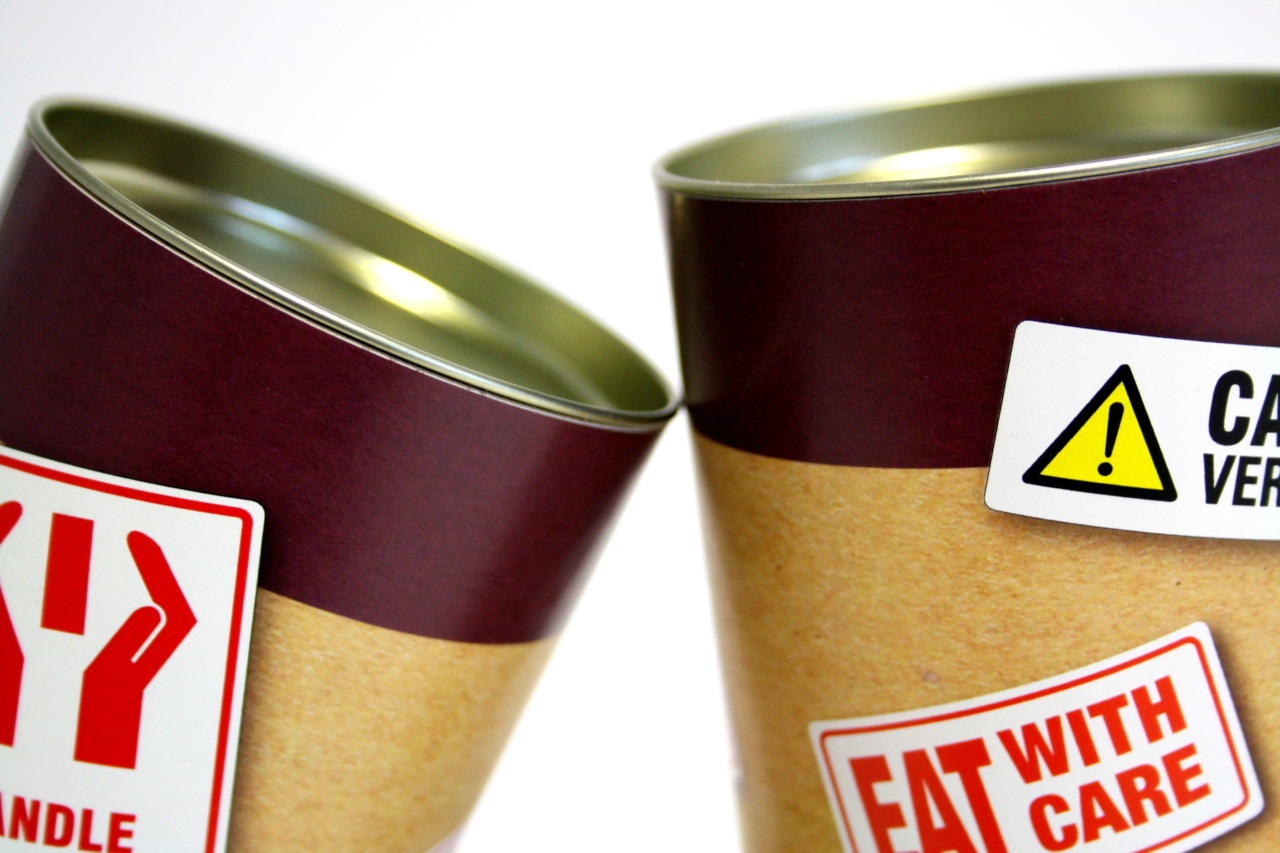The human bowel is home to trillions of microorganisms, collectively known as gut flora or gut microbiota. These microscopic organisms play a vital role in maintaining our overall health and well-being.
However, certain pathogenic bacteria within the gut can pose a serious threat to our health, leading to various diseases and infections. In this article, we will explore why bowel germs can become dangerous and the factors that contribute to their harmful potential.
The Complex Interplay of Bowel Germs
The gut microbiota consists of diverse bacterial species that reside primarily in the large intestine.
While most of these bacteria are harmless or even beneficial to our body, some pathogenic strains can cause significant harm when their population overgrows or when they penetrate other parts of the body.
Our bowel germs contribute to various essential physiological functions such as digestion, nutrient absorption, and vitamin production. They also play a crucial role in educating our immune system and protecting us against harmful invaders.
However, disruptions in the delicate balance of gut bacteria can lead to dysbiosis, a condition characterized by an imbalance or overgrowth of certain bacteria.
Dysbiosis creates a favorable environment for pathogenic bacteria to proliferate, increasing the risk of infections and other health complications.
Moreover, certain factors can enhance the harmful potential of bowel germs, making them even more dangerous to our well-being.
Factors Enhancing the Dangerous Potential of Bowel Germs
1. Antibiotic Use:.
Antibiotics are powerful medications used to treat bacterial infections. However, they can also have unintended consequences on our gut flora.
Antibiotics not only kill harmful bacteria but also disrupt the delicate balance of our gut microbiota, allowing pathogenic bacteria to flourish. This can lead to antibiotic-associated infections such as Clostridium difficile infection, which can cause severe diarrhea and life-threatening complications.
2. Weakened Immune System:.
A compromised immune system reduces the body’s ability to fend off harmful pathogens, including those originating from the bowel.
Conditions such as HIV/AIDS, autoimmune diseases, and certain medications can suppress the immune system, making individuals more susceptible to infections caused by bowel germs.
3. Contaminated Food and Water:.
Consuming contaminated food or water can introduce pathogenic bacteria into our digestive system. Improper food handling, poor sanitation practices, and unclean water sources can harbor dangerous bacteria such as Salmonella, Escherichia coli (E.
coli), and Campylobacter, causing foodborne illnesses that affect the bowel and other organs.
4. Invasive Medical Procedures:.
During invasive medical procedures like surgeries, endoscopies, or catheter insertions, there is a risk of introducing pathogenic bacteria into the body.
If proper sterile techniques are not followed, these procedures can inadvertently introduce harmful bowel germs into sterile areas, leading to infections.
5. Poor Hygiene Practices:.
Inadequate hand hygiene, especially after using the toilet or changing diapers, can facilitate the spread of pathogenic bacteria.
Fecal-oral transmission occurs when germs from the bowel are transferred via contaminated hands, surfaces, or objects, allowing these pathogens to enter the body and cause infections.
The Risks Associated with Dangerous Bowel Germs
When bowel germs become dangerous, they can lead to a range of health conditions and complications, including:.
1. Gastrointestinal Infections:.
Pathogenic bacteria such as Salmonella, Shigella, and Escherichia coli can cause gastrointestinal infections characterized by symptoms like diarrhea, abdominal pain, fever, and vomiting.
These infections can range from mild to severe and may require medical intervention, particularly in vulnerable populations.
2. Urinary Tract Infections (UTIs):.
Certain bowel germs, including Escherichia coli, can ascend from the rectal area to the urinary tract, causing urinary tract infections.
UTIs commonly present with symptoms such as frequent urination, pain or burning during urination, and cloudy or bloody urine.
3. Systemic Infections:.
In severe cases, pathogenic bowel germs can invade the bloodstream, leading to systemic infections like bacteremia or sepsis. These infections can be life-threatening and require immediate medical attention.
Symptoms may include fever, chills, rapid breathing, confusion, and low blood pressure.
4. Inflammatory Bowel Disease (IBD):.
Disruptions in the gut microbiota have been linked to the development of chronic inflammatory bowel diseases such as Crohn’s disease and ulcerative colitis.
These conditions are characterized by chronic inflammation of the digestive tract, leading to symptoms like diarrhea, abdominal pain, weight loss, and fatigue.
5. Antibiotic Resistance:.
Overuse or misuse of antibiotics can lead to the development of antibiotic-resistant bacteria within the bowel. These bacteria can cause difficult-to-treat infections, as they are less susceptible to the effects of commonly used antibiotics.
Antibiotic resistance is a growing global concern, endangering our ability to effectively treat bacterial infections.
Preventing Bowel Germs from Becoming Dangerous
1. Practice Good Hand Hygiene:.
Proper and frequent handwashing with soap and water is crucial in preventing the transmission of dangerous bowel germs. Hand sanitizers can also be used if soap and water are not readily available.
2. Cook Food Thoroughly:.
Cooking food at the appropriate temperatures kills pathogenic bacteria, reducing the risk of foodborne infections. Use a food thermometer to ensure meats, poultry, and seafood are cooked to the recommended internal temperatures.
3. Practice Safe Food Handling and Storage:.
Prevent cross-contamination by keeping raw meats separate from other foods and using different cutting boards and utensils. Refrigerate perishable foods promptly and discard any spoiled or expired items.
4. Stay Hydrated with Safe Water:.
Ensure the water you consume and use for food preparation is safe and free from harmful pathogens. If unsure, boil water or use a reliable water filtration system.
5. Limit Antibiotic Use:.
Take antibiotics only when prescribed by a healthcare professional and complete the full course as directed. Avoid self-medication and never share antibiotics with others.
This helps reduce the risk of antibiotic-resistant bacterial strains developing in the bowel.
Conclusion
While our bowel germs play a crucial role in maintaining our overall health, the presence of certain pathogenic bacteria can pose serious risks.
Factors such as antibiotic use, weakened immune systems, contaminated food and water, invasive medical procedures, and poor hygiene practices contribute to the dangerous potential of these germs. By understanding the risks associated with bowel germs and adopting preventative measures, we can mitigate the harmful effects and maintain a healthy gut microbiota.































